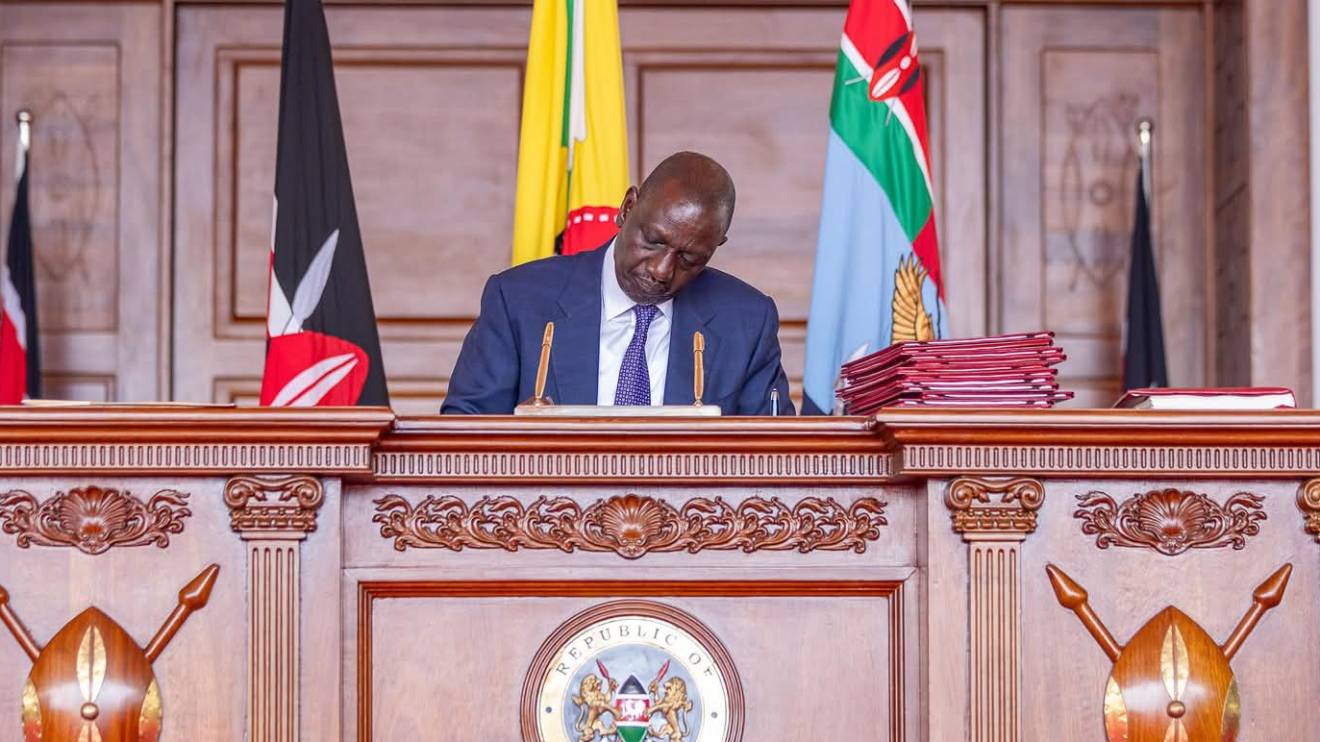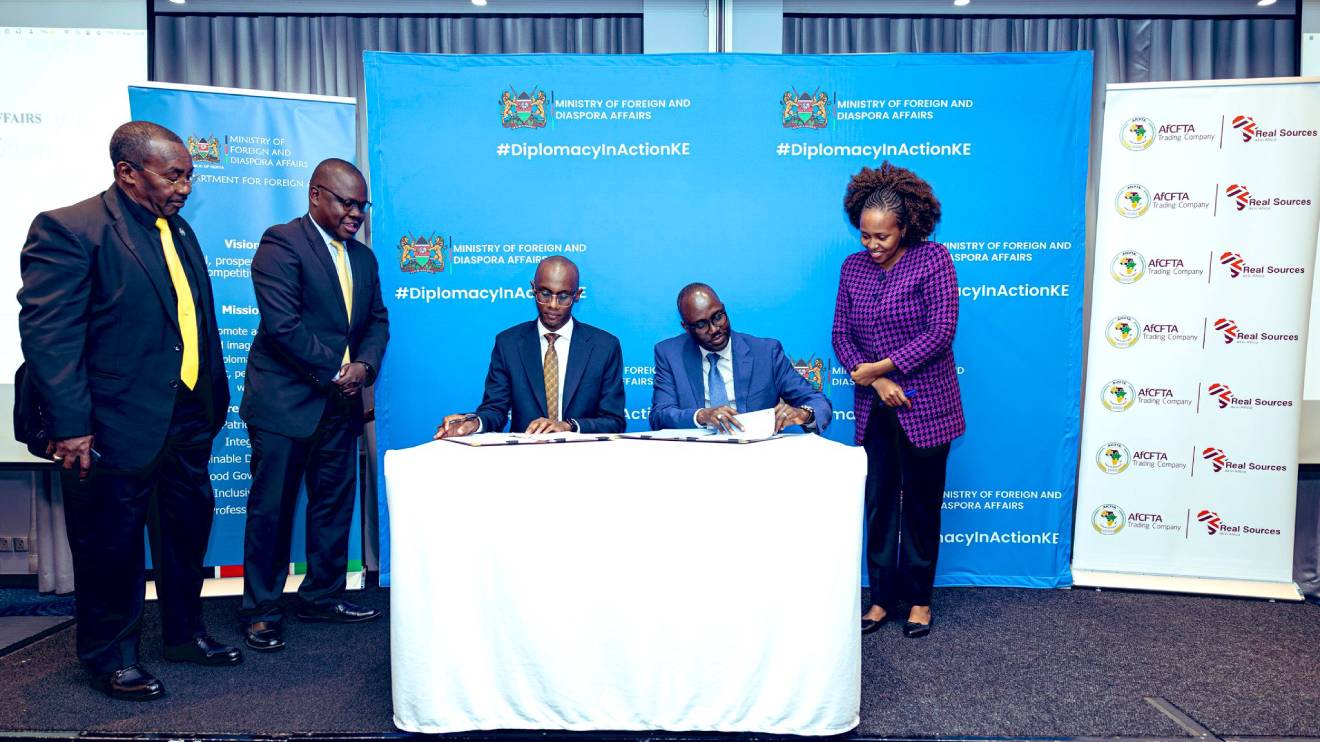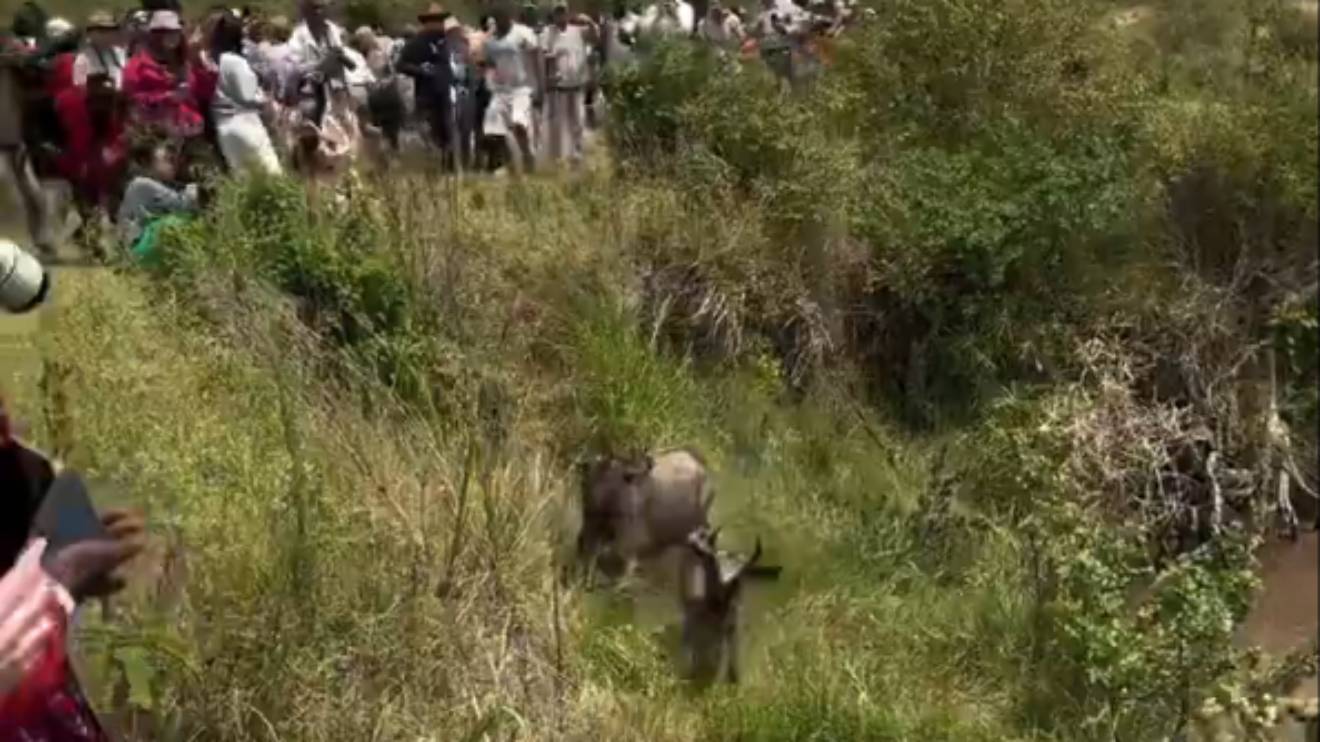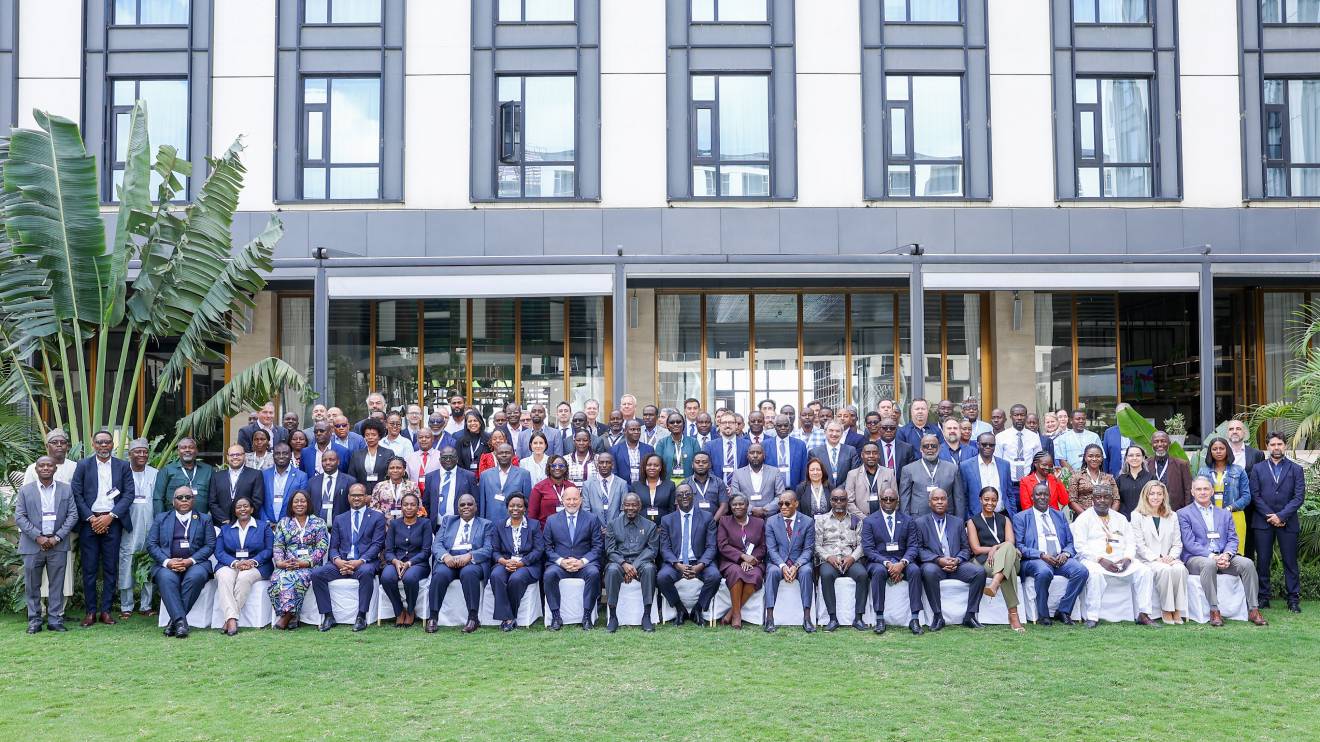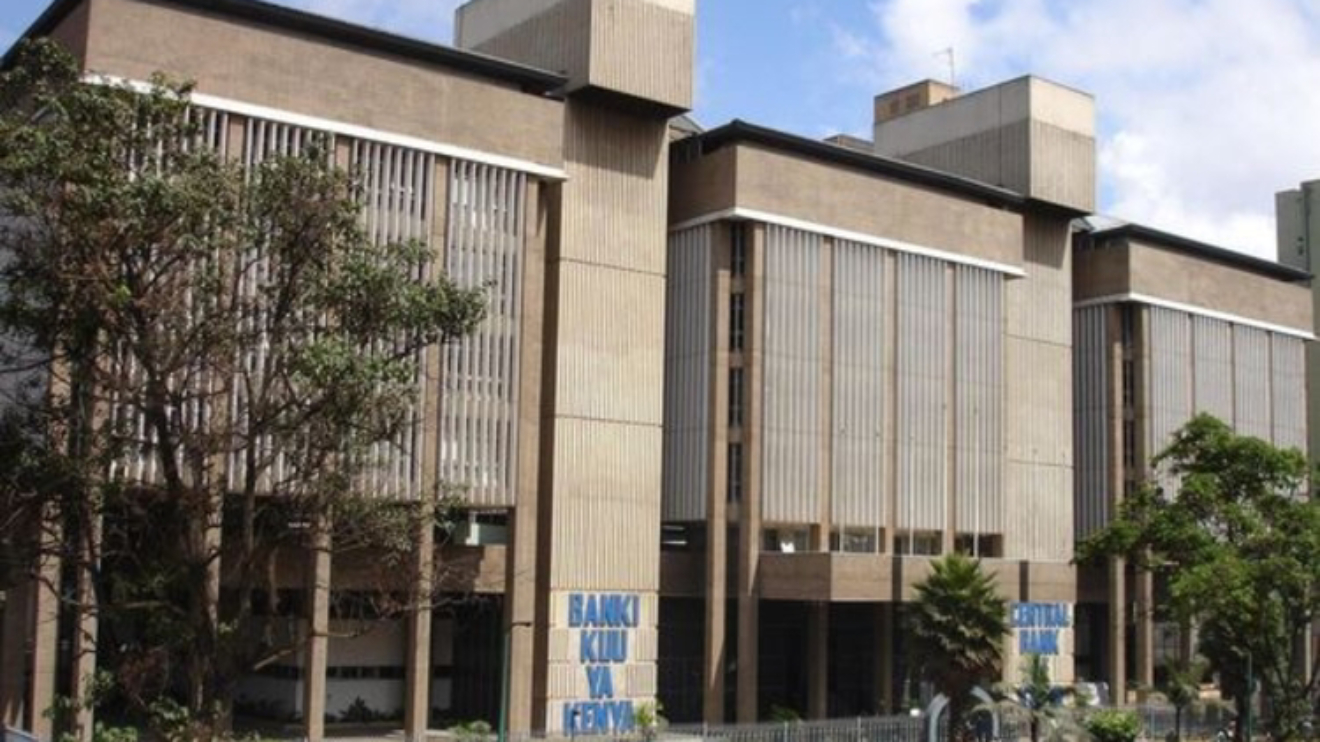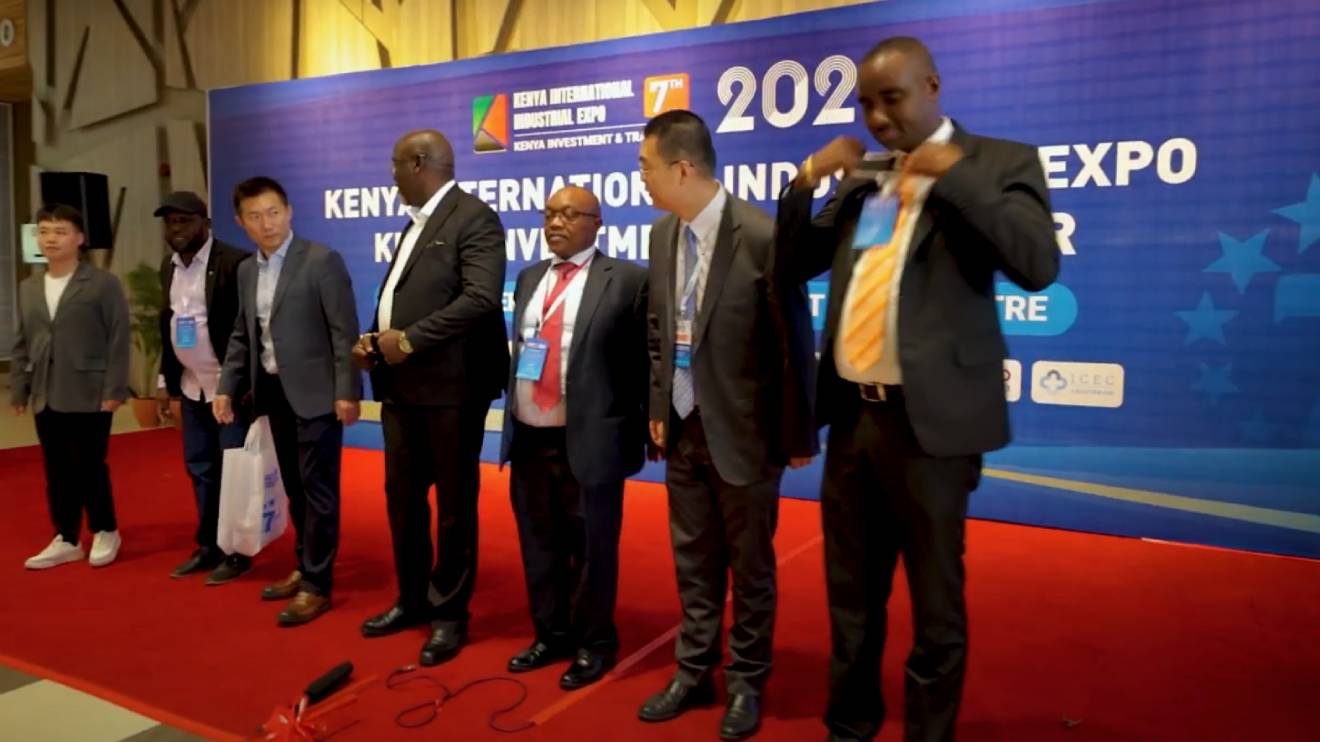Feiswal Mohammed Ali, widely known as Feisal, was arraigned this afternoon at the JKIA Law Courts in Nairobi alongside his long-time associate, Mohammed Hassan Kontoma, following their arrest in Mombasa County on suspicion of trafficking rhino horn.
During the mention, defence lawyers requested additional time to examine affidavits submitted by investigators who are seeking to hold the two suspects for a longer period while inquiries continue.
The magistrate granted the request, adjourning the matter until Thursday morning.
According to investigators, the two men were apprehended on Tuesday, along Mama Ngina Drive in Mombasa, with two pieces of rhino horn weighing 2.2 kilograms.
Intelligence reports suggest that at the time of their arrest they were actively searching for a buyer.
Read More
They were initially booked at Mombasa Central Police Station before being transferred to Langata Police Station in Nairobi ahead of their arraignment at the JKIA Law Courts, which has jurisdiction over transnational organised crime.
The case has revived memories of Feisal’s past encounters with the law.
In June 2014, authorities seized 228 pieces of ivory weighing 2,152 kilogrammes at a warehouse in Tudor, Mombasa, and described him as one of East Africa’s most wanted poaching kingpins.
He escaped arrest during that operation, prompting INTERPOL to issue a Red Alert notice requesting his capture.
Six months later, he was arrested in Tanzania and extradited to Kenya. In 2016, a Mombasa court sentenced him to 20 years' imprisonment and imposed a fine of Sh20 million.
That judgment did not stand, as in 2018 the High Court overturned the conviction on technical grounds.
The latest arrest involving rhino horn highlights the continued threat posed by international wildlife trafficking networks.
Rhino horn is highly sought after in illicit markets abroad, and conservationists warn that this demand poses a major threat to the survival of endangered rhino populations.
In his remarks on the arraignment, the Director General of Kenya Wildlife Service, Prof. Erustus Kanga, said the case reflects Kenya’s determination to pursue offenders and protect its heritage.
“The arrest and arraignment of Feiswal Mohammed Ali and his accomplice once again demonstrates Kenya’s commitment to the fight against wildlife crime. We will continue to pursue traffickers relentlessly, no matter how long it takes, to safeguard our iconic species and protect Kenya’s heritage for future generations,” Kanga explained.
The agency noted that the crackdown on trafficking requires constant coordination between local authorities and international partners such as INTERPOL, adding that only through such joint efforts can offenders be pursued across borders and prosecuted effectively.

-1756319289.jpg)
